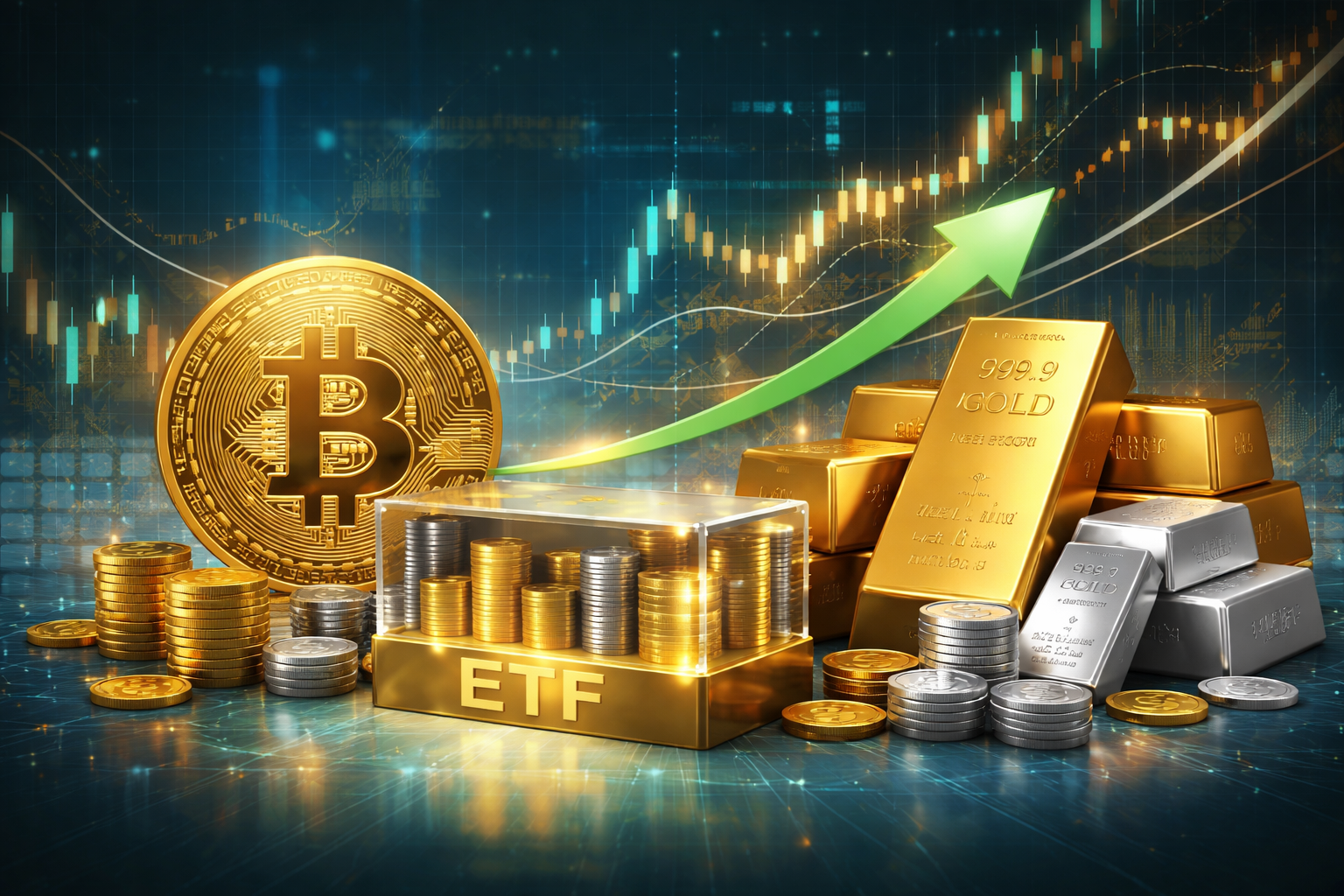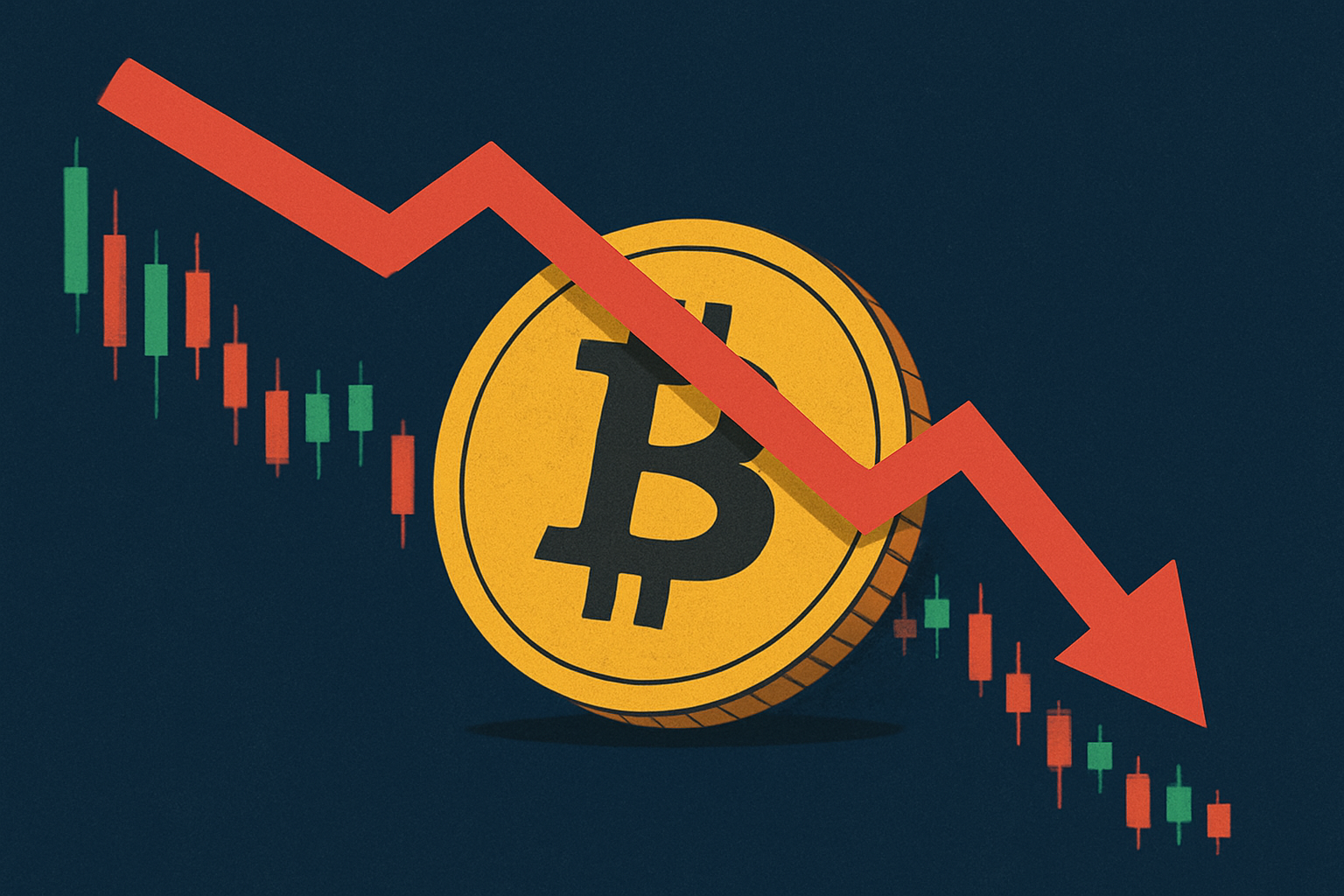As technology advances, the intersection of cryptocurrency and virtual reality is giving rise to a concept known as the Metaverse. This dynamic, interconnected digital universe offers limitless opportunities for innovation, creativity, and economic growth. In this article, we will delve into the concept of the Metaverse, its potential impact on the cryptocurrency landscape, and the exciting possibilities it holds for the future.
What Is the Metaverse?
The Metaverse is a virtual, shared, and interconnected universe where users can interact, create, and transact using avatars and digital assets. It’s an immersive, online space that extends beyond the current concept of virtual worlds and online games. This interconnected network of digital realms is a culmination of advancements in virtual reality (VR), augmented reality (AR), blockchain technology, and cryptocurrency.
Cryptocurrency in the Metaverse
The Metaverse relies on blockchain technology and cryptocurrency to facilitate digital asset ownership, transactions, and the creation of unique, non-fungible items. Here’s how cryptocurrencies are integrated into the Metaverse:
- Digital Ownership: In the Metaverse, users can buy, sell, and own virtual land, buildings, and other assets using cryptocurrency. Each asset is represented by a non-fungible token (NFT), ensuring unique ownership.
- Virtual Economies: Metaverse environments often have their own economies, complete with digital currencies. These in-world currencies can be traded with other cryptocurrencies, making the Metaverse a hub for economic activity.
- Decentralized Applications (DApps): DApps within the Metaverse enable users to engage in various activities, such as virtual gaming, social interactions, and even virtual commerce. Cryptocurrencies power these applications, allowing for secure, decentralized transactions.
The Potential Impact
- Digital Identity: The Metaverse can redefine digital identity, allowing users to have a persistent, digital presence across multiple virtual worlds and platforms. Cryptographically secured IDs and avatars could provide users with more control over their online identities.
- Content Creation: The Metaverse provides opportunities for content creators to monetize their digital creations, such as virtual art, clothing, and real estate. NFTs enable artists to sell their work, with ownership and provenance recorded on the blockchain.
- Economic Opportunities: A robust Metaverse can stimulate new economic opportunities, particularly in virtual commerce, gaming, and entertainment. This digital ecosystem could create jobs and industries that were previously unimaginable.
- Social Interaction: The Metaverse offers unique social experiences, allowing users to connect, collaborate, and socialize in immersive digital environments. Cryptocurrencies can facilitate peer-to-peer transactions within these virtual social spaces.
Challenges and Considerations
As the Metaverse evolves, there are challenges to address, including privacy, security, and the regulation of virtual economies. The integration of cryptocurrency also requires careful consideration, as issues like scalability and transaction speed need to be resolved for seamless in-world financial interactions.
Conclusion
The intersection of cryptocurrency and virtual reality in the Metaverse presents an exciting vision for the future. As this digital realm continues to expand and evolve, it holds the potential to revolutionize various industries, reshape online interactions, and offer economic opportunities to those participating in this immersive digital universe. The synergy between cryptocurrency and the Metaverse is poised to usher in a new era of innovation, creativity, and connectivity.











